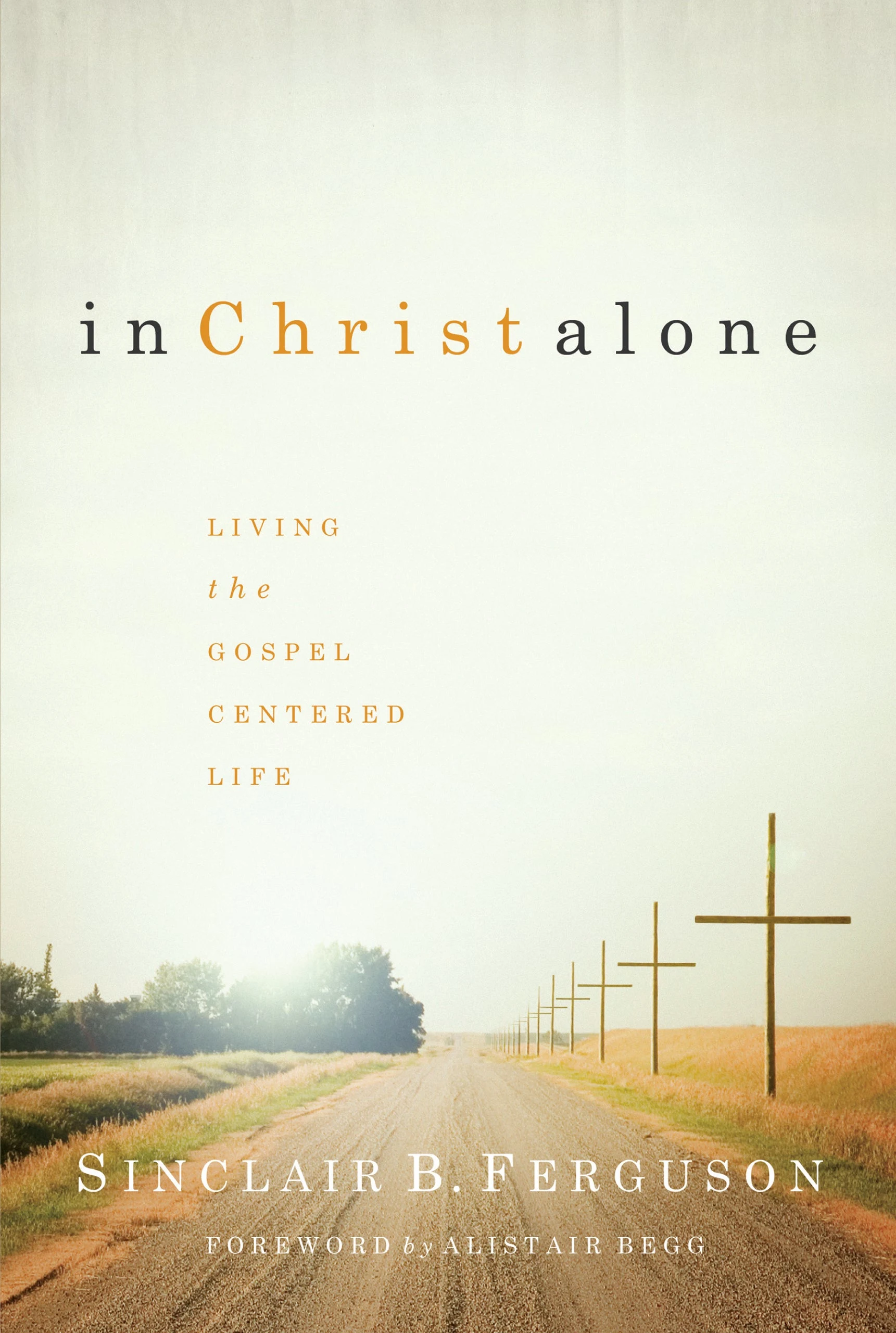What Is the Prayer of Faith?

Years ago, the editor of a publishing company asked me to write a book on prayer. The theme is a vitally important one. The publishing house was well known. To be honest, I felt flattered. But in a moment of heaven-sent honesty, I told him that the author of such a book would need to be an older and more seasoned author (not to mention, alas, more prayerful) than I was. I mentioned one name and then another. My reaction seemed to encourage him to a moment of honesty, as well. He smiled. He had already asked the well-seasoned Christian leaders whose names I had just mentioned! They, too, had declined in similar terms. Wise men, I thought. Who can write or speak at any length easily on the mystery of prayer?
Yet in the past century and a half, much has been written and said particularly about “the prayer of faith.” The focus has been on mountain-moving prayer by which we simply “claim” things from God with confidence that we will receive them because we believe that He will give them.
But what exactly is the prayer of faith?
Association with the Dramatic
Interestingly, it is in the letter of James (who has so much to say about works) that the term occurs. It climaxes the marvelous teaching on prayer that punctuates the entire letter (see 1:5–8; 4:2–3; 5:13–18).
What is even more striking is that the significance of the phrase seems to be illustrated by the experience of one individual, the prophet Elijah. In his case, the prayer of faith was instrumental in shutting the heavens. Perhaps it is not surprising, therefore, that the phrase has come to be associated largely, if not exclusively, with dramatic, miracle-like events—with the extraordinary rather than the daily.
Yet this misses the basic thrust of James’s teaching. The reason Elijah is used as an example is not that he was an extraordinary man; James stresses that he was “a man with a nature like ours” (James 5:17). It is his ordinariness that is in view.
Elijah’s praying is used as an example not because it produced miracle-like effects but because it gives us one of the clearest of all illustrations of what it means for anyone to pray with faith: it is believing God’s revealed Word, taking hold of His covenant commitment to it, and asking Him to keep it.
The Prayer of a Righteous Person
Shutting up the heavens was not, after all, a novel idea that originated in the fertile mind of Elijah. In fact, it was the fulfillment of the promised curse of the covenant Lord: “If you do not obey the Lord your God . . . these curses will come upon you. . . . The Lord will strike you . . . with scorching heat and drought. . . . The sky over your head will be bronze, the ground beneath you iron. The Lord will turn the rain of your country into dust and powder” (Deut. 28:15, 22–24, NIV).
This, then, is the prayer of faith: to ask God to accomplish what He has promised in His Word.
Like every “righteous man” (James 5:16), Elijah sought to align his life with God’s covenant promises and threats (which is, essentially, what “righteousness” means in the Old Testament—to be rightly covenantally related to the Lord). He lived his life in the light of the covenant God had made, and so he held on to its threats of judgment in prayer, as well as to its promises of blessing.
This, then, is the prayer of faith: to ask God to accomplish what He has promised in His Word. That promise is the only ground for our confidence in asking. Such confidence is not “worked up” from within our emotional life; rather, it is given and supported by what God has said in Scripture.
Truly “righteous” men and women of faith know the value of their heavenly Father’s promises. They go to Him, as children do to a loving human father. They know that if they can say to an earthly father, “But, father, you promised . . . ,” they can both persist in asking and be confident that he will keep his word. How much more our heavenly Father, who has given His Son for our salvation! We have no other grounds of confidence that He hears our prayers. We need none.
Legitimate Prayer
Such appeal to God’s promises constitutes what John Calvin, following Tertullian, calls “legitimate prayer.”
Some Christians find this disappointing. It seems to remove the mystique from the prayer of faith. Are we not tying down our faith to ask only for what God already has promised? But such disappointment reveals a spiritual malaise: would we rather devise our own spirituality (preferably spectacular) than God’s (frequently modest)?
The struggles we sometimes experience in prayer, then, are often part of the process by which God gradually brings us to ask for only what He has promised to give. The struggle is not our wrestling to bring Him to give us what we desire, but our wrestling with His Word until we are illuminated and subdued by it, saying, “Not my will, but Your will be done.” Then, as Calvin again says, we learn “not to ask for more than God allows.”
This is why true prayer can never be divorced from real holiness. The prayer of faith can be made only by the “righteous” man whose life is being more and more aligned with the covenant grace and purposes of God. In the realm of prayer, too (since it is a microcosm of the whole of the Christian life), faith (prayer to the covenant Lord) without works (obedience to the covenant Lord) is dead.


